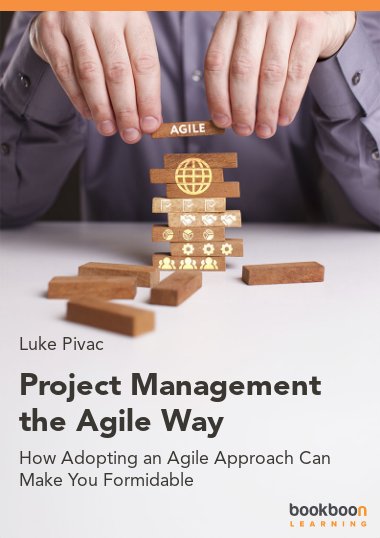This book teaches readers how to use Agile methods to overcome project challenges and deliver value. They will learn how Agile differs from traditional approaches and how to apply it to suitable situations. They will also learn how to manage expectations, requirements, metrics, communication, conflicts, and team culture using Agile techniques. This book will help readers become formidable project managers who deliver quality and satisfaction for their stakeholders.
About the Author
Luke Pivac is a Delivery Manager and Senior Scrum Master, with 10+ years of Agile experience. He has PSM-1, ICP-ATF, ICP-APM, ICP-DAS, MSP-5 and Prince2 certifications.
He began his career as a technical communicator, creating technical and business documents. He loves writing non-fiction books and blogs on Agile and servant leadership.
Luke has led various Agile teams, including leading two remote teams during COVID lock-down and one that helped launch the McDonald’s Mobile, Order and Pay system globally.
He is enthusiastic about Agile and sharing his insights with Bookboon.


